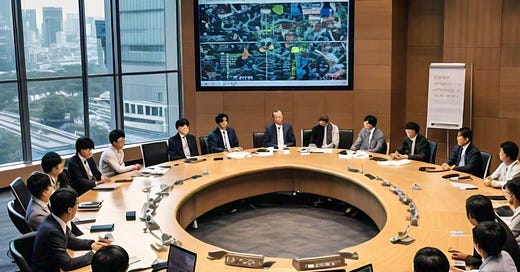Japanese Chip Packaging Giant Kyocera Launches $100 Million AI Startup Funds
Kyocera has unveiled two funds totaling $100 million for startups focused on technologies including artificial intelligence, renewable energy and mobility.
The Kyoto-based company has set aside $60 million to invest in early-stage startups in the U.S., the Middle East and Africa through its Kyocera Venture Fund-I over a 10-year period. It is pouring another $40 million in early to growth-stage startups in Asia via the Kyocera Venture Innovation Fund-I over the same period.
The two funds, both launched in Ap…
Keep reading with a 7-day free trial
Subscribe to Neural News Network to keep reading this post and get 7 days of free access to the full post archives.



